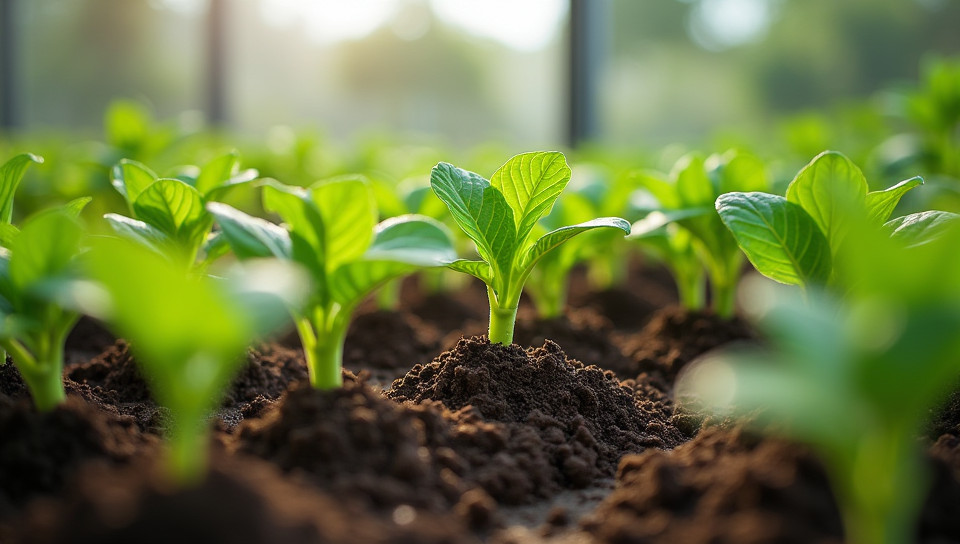Soil contamination is not a problem in hydroponics 90%

The Future of Sustainable Farming: Why Soil Contamination is a Thing of the Past in Hydroponics
As the world grapples with the challenges of climate change, food security, and sustainable living, innovative farming methods are becoming increasingly important. Among these, hydroponics has emerged as a game-changer in the agriculture industry. While some may argue that hydroponics has its own set of challenges, one thing is certain: soil contamination is no longer a concern in this method of growing plants.
The Soil Contamination Problem
Soil contamination is a serious issue affecting agricultural productivity worldwide. Pesticides, heavy metals, and other pollutants can seep into the soil, harming crops and ultimately ending up on our plates. This problem has led to increased costs for farmers, reduced crop yields, and negative impacts on human health.
The Hydroponic Solution
Hydroponics is a method of growing plants without soil. Instead, nutrients are delivered directly to the roots through a controlled solution. This approach eliminates the need for pesticides, reduces water usage by up to 90%, and minimizes waste. With hydroponics, farmers can produce high-quality crops while minimizing their environmental footprint.
Benefits of Hydroponic Farming
- Reduced soil erosion
- Increased crop yields
- Improved crop quality
- Reduced water consumption
- Elimination of pesticides and herbicides
The Future of Sustainable Farming
As the world continues to grapple with the challenges of climate change, hydroponics offers a promising solution. By eliminating soil contamination and reducing environmental impacts, this method of farming can help ensure food security while promoting sustainable living.
Conclusion
Soil contamination is no longer a concern in hydroponics. With its numerous benefits and reduced environmental impact, this method of farming is poised to revolutionize the agriculture industry. As we look to the future, it's clear that hydroponics will play a critical role in shaping the next generation of sustainable farmers.
- Created by: Kiara Singh
- Created at: Feb. 1, 2025, 2:37 p.m.
- ID: 19860




